The classic of the Way and of High Virtue is the Tao Teh Ching. Its author is generally held as a contemporary of Confucius, Lao Tzu, or Laozi. The exact date of the book's origin is disputed. The book is divided into two parts, the Upper Part and the Lower Part. The Upper Part consists of chapters 1-37, and each chapter begins with the word «Tao,» or the Way. The Lower Part consists of chapters 38-81, and each chapter begins with the words «Shang Teh,» or High Virtue. This 1919 edition names the Lower Part as the Wu Wei, or translated variously as «not doing,» «non-ado,» or «non-assertion.» This edition also contains a history of the book and its author, Lao Tzu, along with a discussion of the Wu Wei. Lao Tzu's classic has been cherished as suggestions, rather than commandments, for finding one's path to beauty, goodness, and quality of life through a non-assertive understanding of the Way. (Summary by Melanie McCalmont)
Philosophy
802
Summary
More from Laozi 老子
Authorization
By logging in, you agree to the terms and conditions.
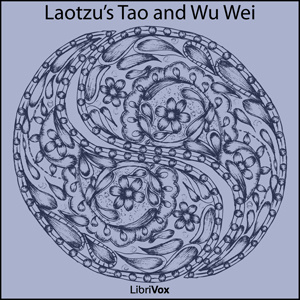
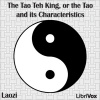

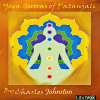

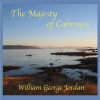
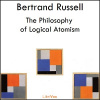
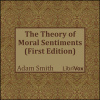






No comments